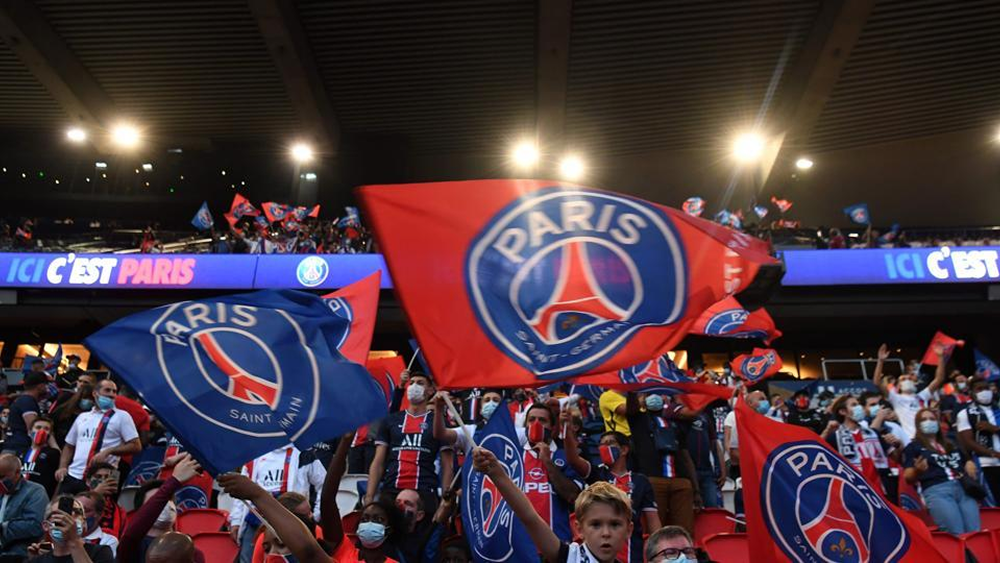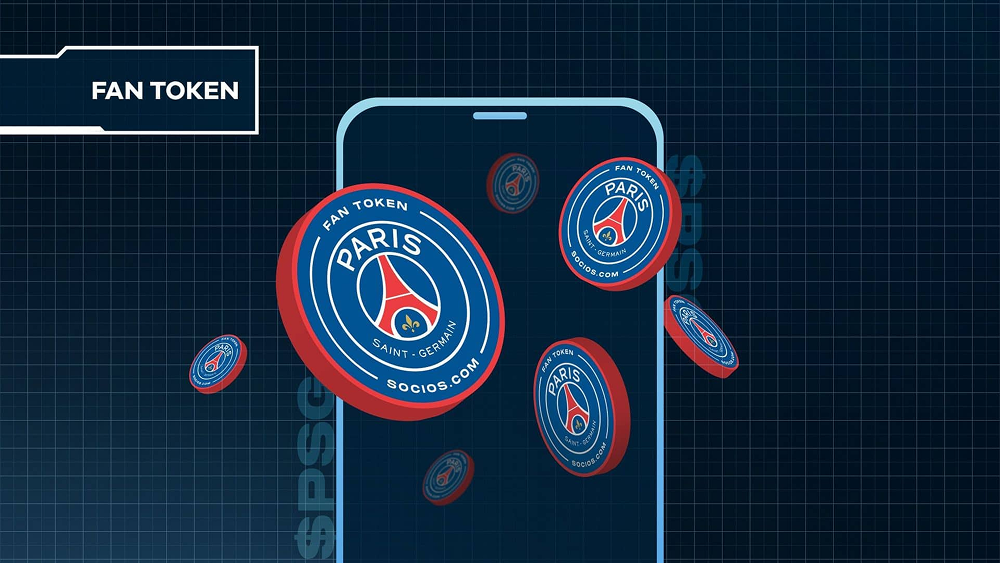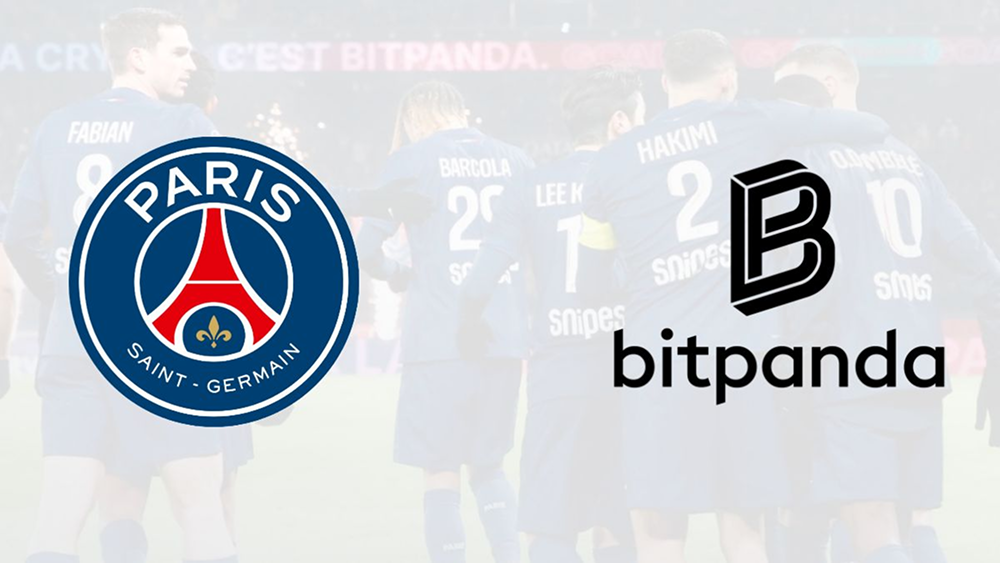On May 30, 2025, under the spotlight of the Bitcoin 2025 conference, Pär Helgosson, head of the Paris Saint-Germain Football Club (PSG) lab, dropped a bombshell: this top club, which is about to compete in the UEFA Champions League final, began purchasing Bitcoin in 2024 and plans to hold it as a long-term financial reserve.

PSG's Bitcoin Strategy: More Than Just Financial Planning, It's a Brand Revolution
“We record Bitcoin in our ledger, extract fiat reserves, and have actually allocated Bitcoin.” Helgosson calmly explained at the conference that PSG has incorporated Bitcoin into its financial strategy, emphasizing, “As one of the largest clubs in the world, we are the biggest holders of Bitcoin in the sports ecosystem.” This decision is not a spur-of-the-moment choice but a well-considered brand strategy. PSG has 550 million fans worldwide, 80% of whom are under 34 years old. Helgosson candidly stated, “PSG is not just a football club; we are a lifestyle brand that, like Bitcoin, focuses on the future.”
PSG's Bitcoin investment is not only for asset appreciation but also to connect with the digital lifestyle of young fans. As the first football club to appoint a “Head of Web3 and Metaverse,” PSG is accelerating its entry into the crypto space through its innovative department, PSG Labs. Helgosson revealed that PSG Labs was established in 2024, positioned as the club's “innovation engine,” and is actively investing in Bitcoin-related startups and companies to help entrepreneurs enter the global market. “We will launch projects, raise funds, and go public with you, leveraging the global influence of our 550 million fans to help you open up markets.”

The Crypto Craze in Sports: From Fan Tokens to Bitcoin Reserves
PSG's Bitcoin strategy is not an isolated case in the sports industry's cryptocurrency investments. During the crypto bull market amid the pandemic, dozens of sports clubs issued fan tokens and NFT series through platforms like Socios and Chiliz, attempting to bridge the gap with fans using blockchain technology. For example, PSG's fan token (PSG Fan Token) was priced at $2.24 in April 2025, with a market cap of approximately $17.29 million, ranking 1117th. Although it has significantly dropped from its historical high of $58.79 in April 2021, its trading activity indicates that the fan economy still has potential.

However, PSG's Bitcoin reserve strategy marks a shift from “playing around” with fan tokens to more serious institutional-level crypto investments. Since May 2025, PSG's actions have triggered a chain reaction. On the X platform, multiple posts show that the industry is full of expectations for PSG's Bitcoin investment, viewing it as “a new phase of integration between sports and digital gold.” Some users even predict that other sports fields, such as basketball and baseball, will also experience similar waves.
Meanwhile, other sports clubs are also accelerating their crypto strategies. In January 2025, PSG reached a multi-year sponsorship agreement with the crypto trading platform Bitpanda, where the Bitpanda brand will appear at the Parc des Princes and enhance fan experience through digital activations and player content creation. Bitpanda users will also have access to VIP tickets and exclusive opportunities to meet PSG players.

Global Trend: The Crypto Race Between Corporations and Sports
PSG's Bitcoin investment is not an isolated event but part of the global corporate crypto craze in 2025. Following the pioneering efforts of Strategy founder Michael Saylor in corporate Bitcoin holdings, companies like Trump Media and Twenty One Capital have recently announced holdings worth billions of dollars in Bitcoin, while others are exploring diversification strategies through investments in alternative cryptocurrencies like Ethereum (ETH) and Solana (SOL). In contrast, PSG's Bitcoin investment is more symbolic—it is not just a financial decision but a precise bet on the digital culture of the younger generation.
Behind the crypto investment boom in sports is the widespread penetration of blockchain technology. In April 2025, Paris Blockchain Week attracted global blockchain developers, showcasing the application potential of Web3 in sports, entertainment, and other fields. As a benchmark for French sports, PSG's Bitcoin strategy undoubtedly sets a standard for other clubs.
Risks and Prospects: The Double-Edged Sword of Sports Crypto Investment
Although PSG's Bitcoin investment has sparked heated discussions, the risks cannot be ignored. For non-financial entities like PSG, holding highly volatile assets may pose financial pressures.
However, the opportunities are equally significant. PSG's Bitcoin investment not only enhances the brand's technological appeal among young audiences but also opens new spaces for its Web3 strategy. Helgosson's vision is clear: by investing in Bitcoin entrepreneurs and companies, PSG can not only share in the growth dividends of the crypto market but also amplify its global influence through the fan economy.
Conclusion: The Future Intersection of Sports and Crypto
PSG's Bitcoin strategy marks a turning point for sports clubs from peripheral experimentation to deep participation in the crypto market. Whether through the continued exploration of fan tokens or the pioneering attempt at Bitcoin reserves, the sports industry is embracing blockchain technology at an accelerated pace. PSG's 550 million fans are not only its market advantage but also its confidence in making strides in the crypto space. In the future, as more clubs follow suit, the integration of sports and cryptocurrency may reshape the global fan economy landscape. PSG has taken the lead; will other giants follow? The answer may be revealed at the next Bitcoin conference.
免责声明:本文章仅代表作者个人观点,不代表本平台的立场和观点。本文章仅供信息分享,不构成对任何人的任何投资建议。用户与作者之间的任何争议,与本平台无关。如网页中刊载的文章或图片涉及侵权,请提供相关的权利证明和身份证明发送邮件到support@aicoin.com,本平台相关工作人员将会进行核查。



